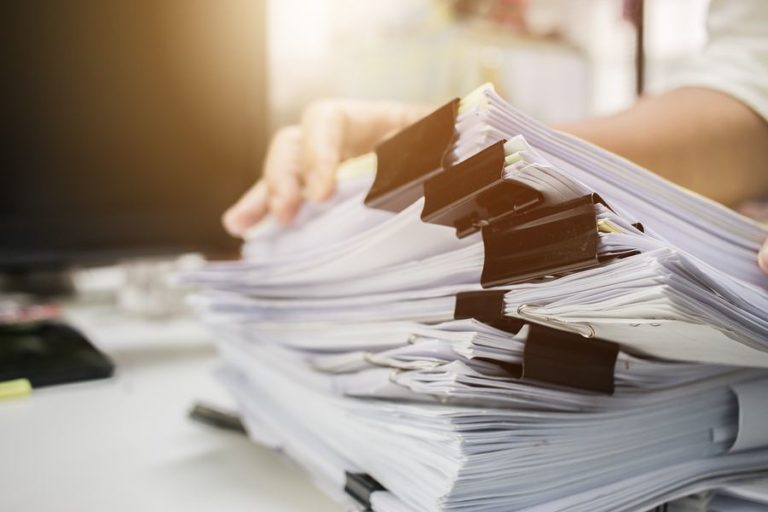There are many good reasons to keep your financial records and one bad one—all the space they take up.
That’s why it’s so tempting to stash records out of the way—in a garage, warehouse, attic, or wherever you can find space, but where and how you store and organize your papers and bills is very important to their longevity.
The thing is, if you’ve decided that your files and paperwork are important enough to keep, it doesn’t make sense to keep them somewhere where they can be ruined. But before we get into that, let’s take a look at how long you should store most records.
How Long to Store Tax Records
According to the Internal Revenue Service, you should keep tax records for a minimum of three years.
That doesn’t mean, however, that you should toss everything after that. The IRS also recommends keeping all of your records until you are sure that you won’t need them for any other purpose. Your insurance company or creditors, for example, may require you to keep records longer.
How Humidity and Temperature Swings Affect Files and Paper
In an ideal world you could keep decades of records and then just shove the boxes in your garage or basement and not worry about them.
But an ideal world doesn’t have rodents, bugs, or flooding. It also doesn’t have very dry air (which can make papers brittle) or very humid air (which can leave papers mildewed).
The good news is that this ideal world does exist—in climate controlled storage units.
Climate Controlled Storage for Tax Records, Files, and Papers
At StorageMart, we pride ourselves on our clean and well-lit self storage units that are available to rent on a month-to-month basis. We also offer climate controlled self storage units that provide both consistent temperatures and humidity levels. Check out our storage unit guide or rent a unit online today.


